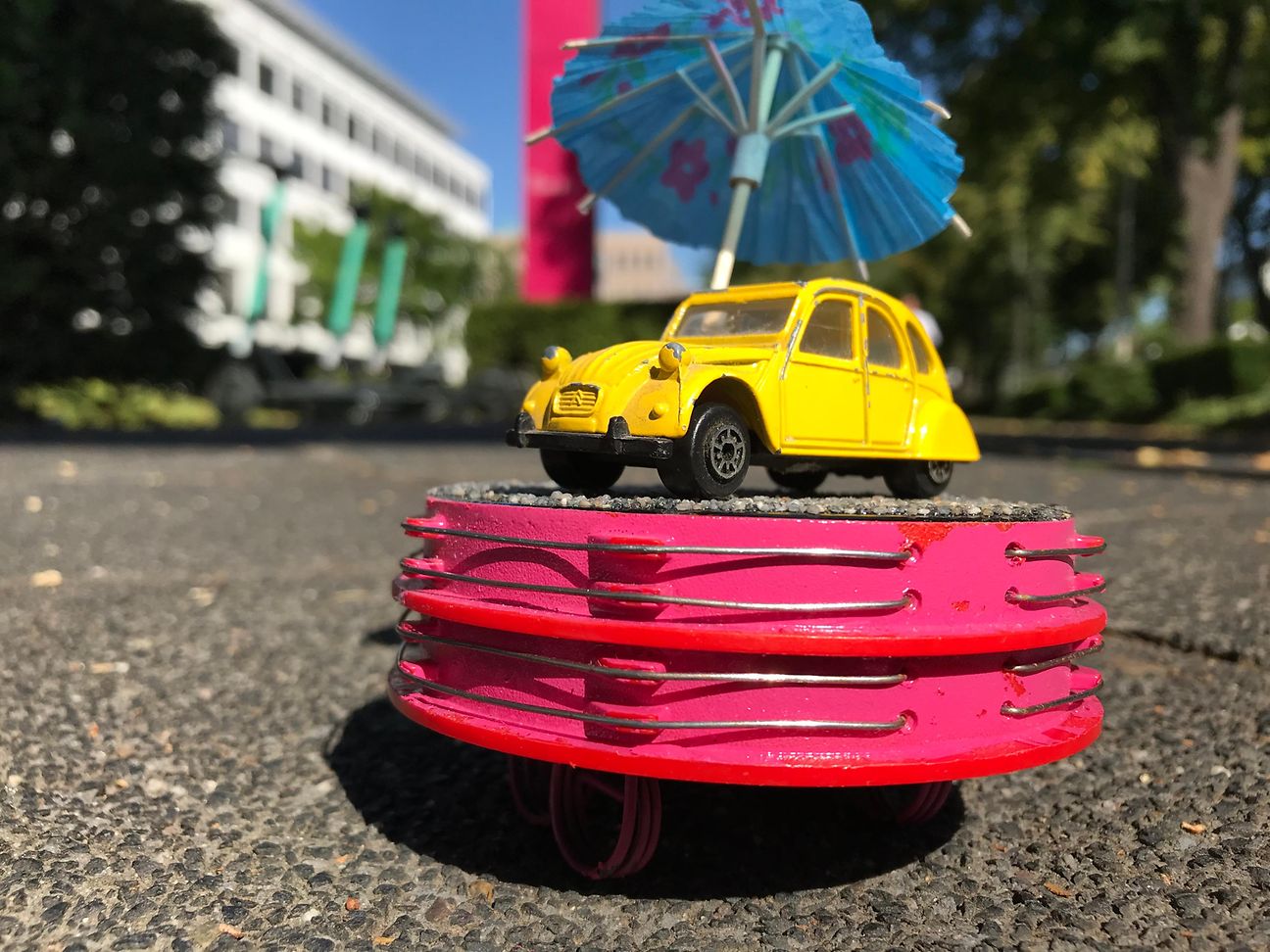

How sensors keep traffic flowing
The summer holidays have begun and the trip to the holiday destination is scheduled. But before you reach your journey`s end, you encounter numerous roadworks on Germany's motorways that are slowing down the traffic. Networked sensors could help to reduce the amount of construction sites and the associated traffic jams.
Germany - construction site country
Looking at the current traffic situation reduces my excitement for my vacation: On the German roads, holiday traffic is once again backing up at countless construction sites. Roads, bridges and parking are suffering from age. The Federal Government has made additional funds available for mobility: a renovation package with a volume of up to 7.64 billion euros for the years 2018 to 2021. So even more construction sites. The renovation work costs time and nerves, in everyday life, but even more so when only the sun lounger is waiting for me.
Like an inner eye
The topic becomes interesting for me again when the Internet of Things comes into play. I've often been among the more than 200,000 drivers or more who crawl past a special "construction site" on the A3 near Cologne/Leverkusen every day. What no one knows is that a kind of early warning system for bridge damage is being researched here. Networked sensors inside the concrete detect damage long before a "major issue" could arise. This "inner eye" of a bridge sends an alarm at the first sign of corrosion or vibration. Planned repairs can therefore be carried out in good time and at lower cost.
New network radio from the depths
The sensor data is read and transmitted via NarrowBand IoT (short: NB-IoT) if available. The new standard technology for the Internet of Things and Building Block from 5G reliably works even in deep underground structures e.g. under bridges or in tunnels. Telekom offers this together with its partner BS2 Sicherheitssysteme who have developed the sensors. "NarrowBand IoT is the ideal basic technology for us," explains Benedikt Seuss, Managing Director of BS2. "The low operating costs, the long service life and, above all, the deeper penetration of buildings are convincing". Our wireless sensors do not require batteries and the service life of the reading equipment (using NB-IoT) of around ten years reduces maintenance costs overall. Expensive inspections of structures with core samples are no longer necessary.
I have hope: fewer construction sites, less traffic jams! And so maybe, in the future, we will be able to go on holiday more often with less hassle.
The smart sensors also provide support when departing on holiday: they continuously measure the condition of the only access road to the kerosene store at Düsseldorf Airport. More than 120 tankers commute across a bridge every day. The sensors installed detect the first signs of fatigue from the building material and long before major repairs could be necessary, which would seriously impact flight operations. This makes them an important cog in the daily running and logistics of one of the most important hubs for air traffic in Germany.
If I leave the car behind and take the plane, I'm sure I'll think of these little, inconspicuous watchdogs again: beautiful holiday prospects with the Internet of Things.
On topicDüsseldorf Airport: Ready for takeoff with smart sensor technology
Bridge the Gap: We innovate for tomorrow’s road infrastructure
BS2 security systems
Deutsche Telekom rolls out NarrowBand-IoT Network across Europe
Now live: IoT Network for Germany


